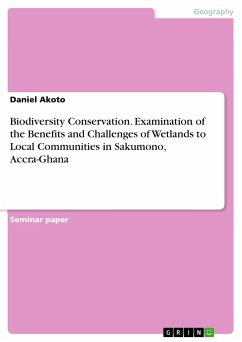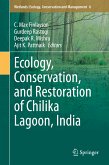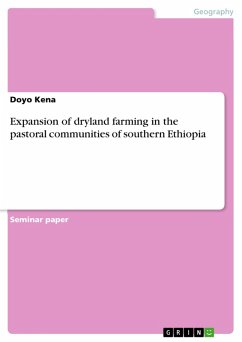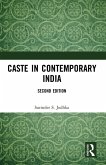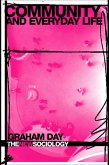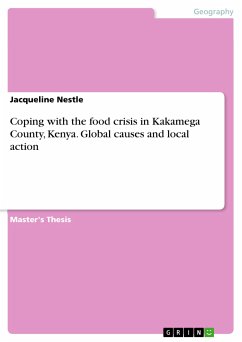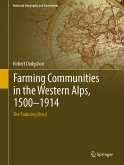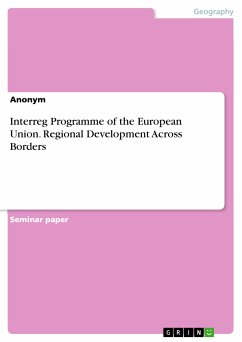Seminar paper from the year 2018 in the subject Geography / Earth Science - Miscellaneous, grade: B, , language: English, abstract: This paper examines the benefits, challenges, and degree of willingness to conserve the Sakumono wetland through a participatory approach with the local community. It aims to determine the economic value of the ecosystem services in order to guide in the decision-making process for its future conservation as well as to sustain its ecological and socio-economical functions. Considering the purpose and objectives of this paper the following guiding questions are addressed in the research: What are the benefits the communities derive from the Sakumono wetland? What challenges will the community be facing in their efforts to preserve the wetland and due to the presence of the wetland? What would they give to see the conservation of the wetland? Wetlands are valuable ecosystems that occupy about 6 % of the world's land surface. They comprise both land ecosystems that are strongly influenced by water, and aquatic ecosystems with special characteristics due to shallowness and proximity to land. Although various different classifications of wetlands exist, a useful approach is one provided by the Ramsar Convention on Wetlands. It divides wetlands into three main categories of wetland habitats: marine/coastal wetlands, inland wetlands, and man-made wetlands. The marine and coastal wetlands include estuaries, inter-tidal marshes, brackish, saline and freshwater lagoons, mangrove swamps, as well as coral reefs and rocky marine shores such as sea cliffs.
Dieser Download kann aus rechtlichen Gründen nur mit Rechnungsadresse in A, B, BG, CY, CZ, D, DK, EW, E, FIN, F, GR, HR, H, IRL, I, LT, L, LR, M, NL, PL, P, R, S, SLO, SK ausgeliefert werden.

